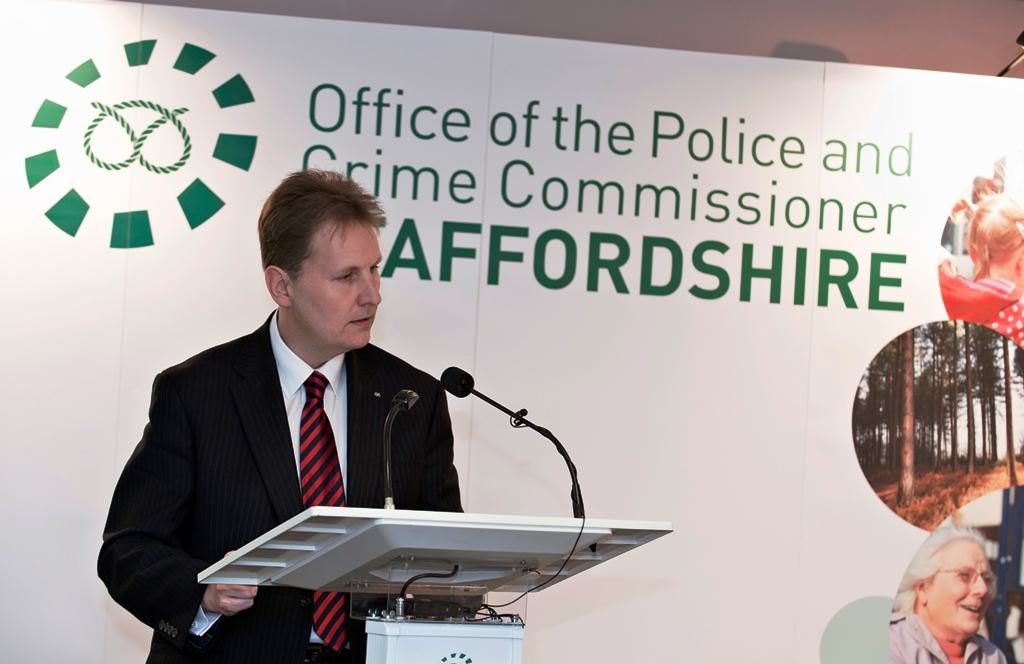 Mental Health chiefs in Staffordshire have this week formally committed to give access to suitable places of safety for people suffering from mental illness, rather than being locked up in police cells.
Mental Health chiefs in Staffordshire have this week formally committed to give access to suitable places of safety for people suffering from mental illness, rather than being locked up in police cells.
Mr Ellis was extremely concerned a few weeks ago when signs that progress over the last six months with mental health provision in Staffordshire had been undone. This followed a rise in June of the number of people detained in police custody under section 136 of the Mental Health Act rose after seeing a month on month reduction previously.
One of his main concerns has been around the mental health suite at the Harplands Hospital, Stoke-on-Trent, being closed or unavailable on occasions since June.
Since then the NHS trust apologised and made assurances that beds would be made available.
The crunch came last week when senior representatives from Health were asked to agree a protocol for when places of safety are unavailable to ensure alternatives other than custody are made available. The North Staffordshire NHS Healthcare Trust signed up to the protocol, joining Staffordshire Police and South Staffordshire and Shropshire Healthcare Foundation NHS Trust as signatories.
Mr Ellis said: “This is fantastic news , it’s been a long haul but I feel we’re making real progress. The fact that the North Staffordshire NHS Healthcare Trust have now followed their counterparts in the South by signing the protocol is a major step forward. The agreement will ensure that when places of safety are unavailable alternatives will be found so that people who are mentally ill do not end up in a police cell. I’m also pleased that the issues around the closures of the Harplands’ mental health suite are being addressed by the North Staffordshire trust.
“The ambition for joint working is really starting to take hold in Staffordshire . The community triage scheme based in custody areas, that I initially funded, has now been adopted by mental health services and it’s really working. More and more people who call for assistance and need specialist mental health care rather than a police officer, are now getting the right help.
“There’s almost 60 per cent less people suffering from mental illness being detained in a police cell during the first nine months of this year compared to the same time last year. Things are definitely going in the right direction.”



